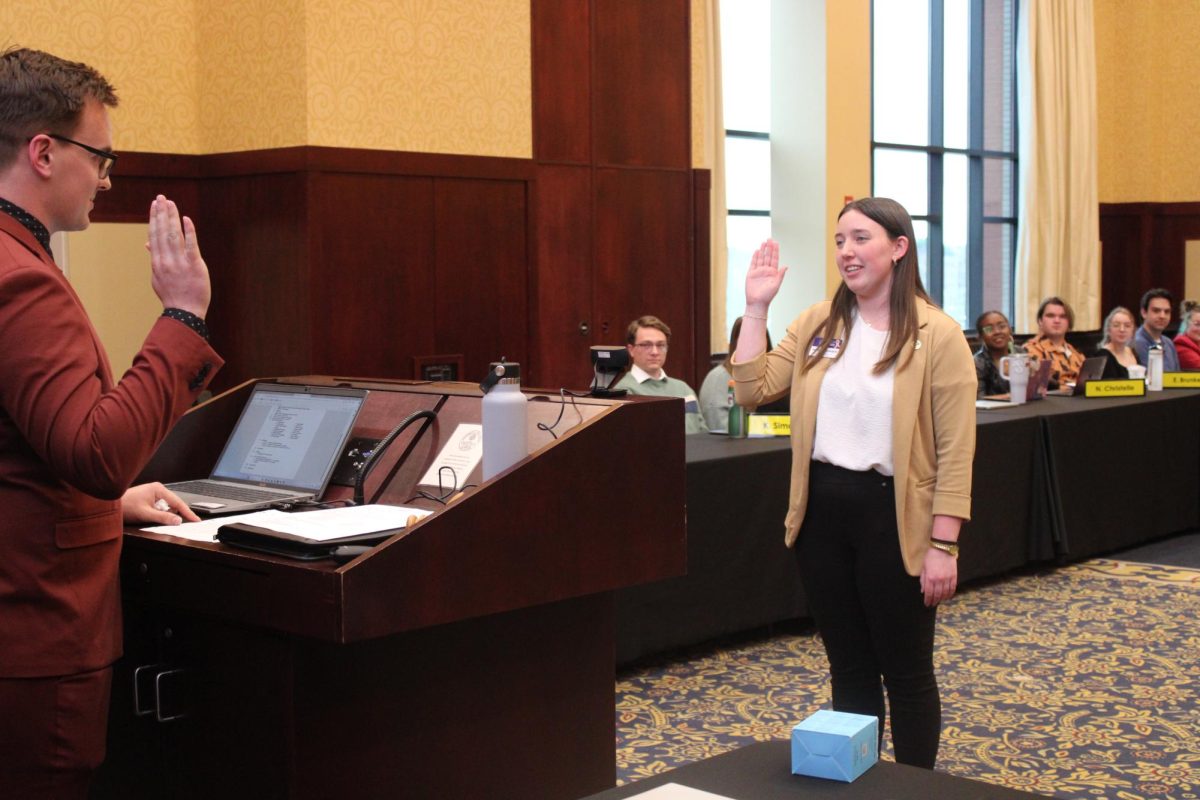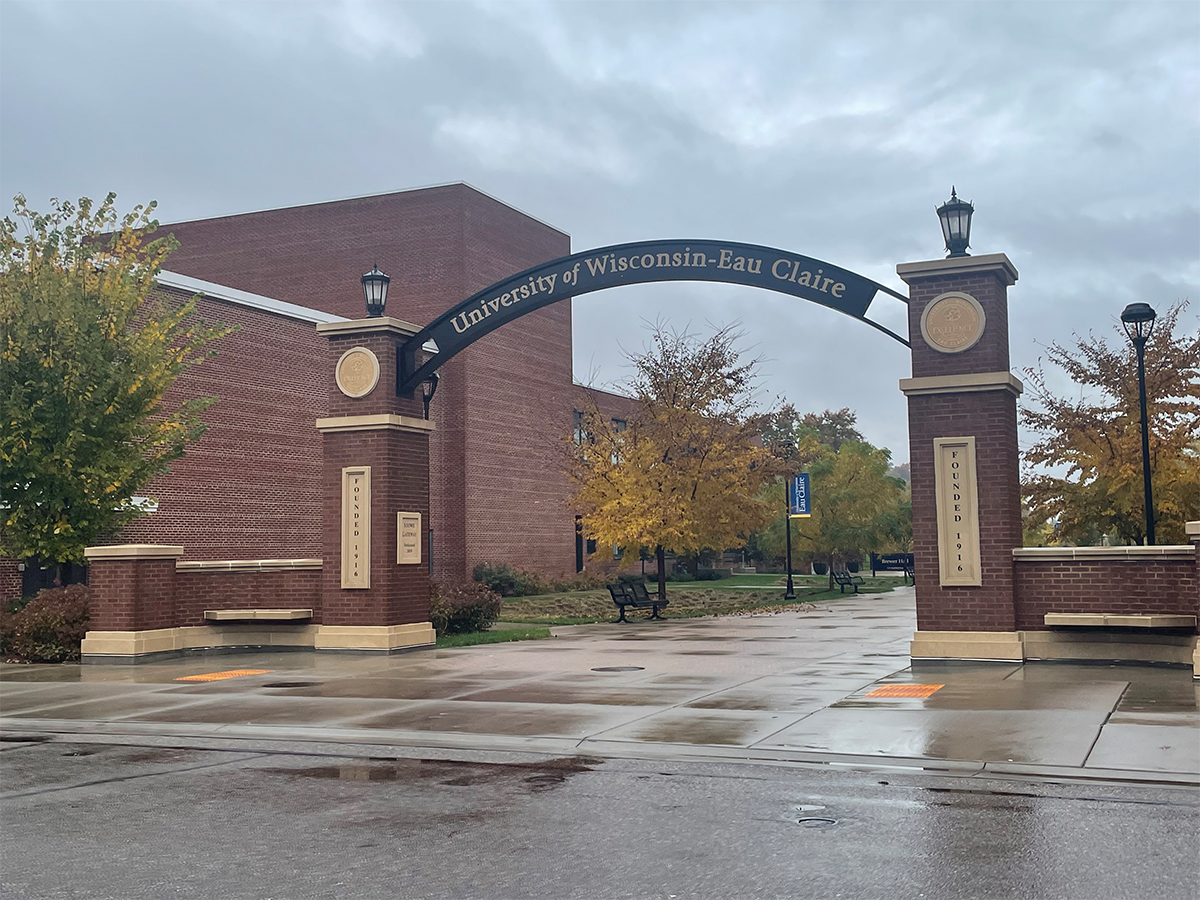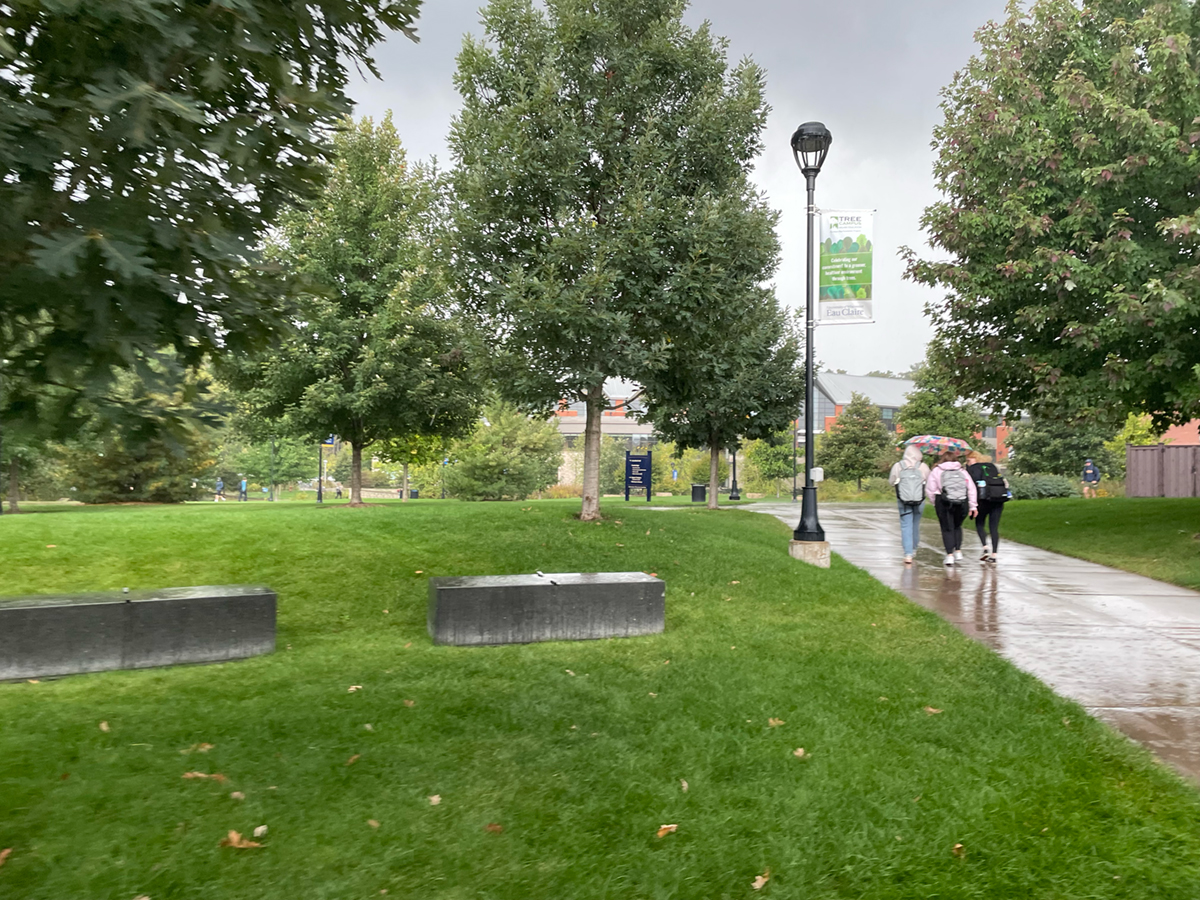Increasing the $175.40 fine for businesses, specifically bars, exceeding their capacity may be the only way to entice owners to control crowd sizes, an Eau Claire fire inspector said.
“We’re going to do everything we can to increase the citation,” said Inspector Jim Onarheim of the Eau Claire Fire Department’s Prevention Division. Such an increase would need City Council’s approval.
The recent Chicago and Rhode Island nightclub incidents — in which 119 people were either trampled or burned to death — should be incentive enough for area bars to tighten their admission, he said. If not, then maybe a heftier fine would help.
“What’s it going to take for (bar owners) to get the message?” Onarheim asked. “You hit somebody’s pocketbook and all of a sudden you get compliance.”
The local bars ideally should have counters at the doors to all of their entrances and exits, he said.
Fire inspectors have a good relationship with most taverns, but there are a few that continue to overcrowd, said Janet Harter, Eau Claire’s other fire inspector.
Onarheim said he and Harter usually check for overcapacity in taverns during the bars’ busiest nights, such as Halloween, New Year’s Eve or Homecoming.
Brothers, 324 Water St., and Pioneer Tavern, 401 Water St., both received citations for being overcapacity two straight nights during Homecoming weekend last fall.
Pioneer Tavern, which has a capacity of 189 people, received a total of almost $700 in fines Oct. 11 and 12. Each of the nights, the bar received a $175.40 fine for too many people and another for not posting a capacity-limit sign.
Brothers, which has a 99-person limit, received the same four fines as Pioneer on Oct. 11 and in the early hours of Oct. 13. Officials later dismissed the bar’s two citations for not posting a capacity sign.
Paul DelTorto, owner of Pioneer Tavern, declined comment on the issue.
Messages left Tuesday and Wednesday for Brothers co-owner Marc Fortney of La Crosse were not returned.
Other attempts to reach Water Street bar owners Wednesday afternoon were unsuccessful.
The fire inspectors occasionally check for overcapacity at other times during the year, Onarheim said. Checking a venue’s capacity is a small aspect of the inspectors’ workload, he said, so making time for inspections is an issue.
They plan to do another random inspection before the end of the school year, he said.
Junior Amanda Wolfe, who bartends at a local sports bar, said she is amazed at the number of people packed into some of the Water Street taverns.
Wolfe, who goes to Water Street bars about three times a week, said she thinks three bars, at most, take in more people Thursday through Saturday nights than allowed.
People should be able to walk freely from the front of the bar to the back, Onarheim said. If they are really held up from moving, he said, then it’s too crowded.
He said he hopes something positive will come from the February nightclub tragedies.
“It’s really sad that this situation happened,” Onarheim said. “Hopefully this lets people know that, ‘Hey, this can happen.’
“I think they’re slowly getting the message,” he said.
Senior Roury Boerner, who visits Water Street bars about every other weekend, said he’s not too worried about overcrowded bars.
The bars mostly are not too packed, he said, but there are a few that may be dangerously overcrowded at times if a fire were to break out.
An increase in the overcapacity fine would boost the incentive to obey the city law, Harter said. The Chicago and Rhode Island incidents, she said, should be reason enough to keep crowd levels under control.






